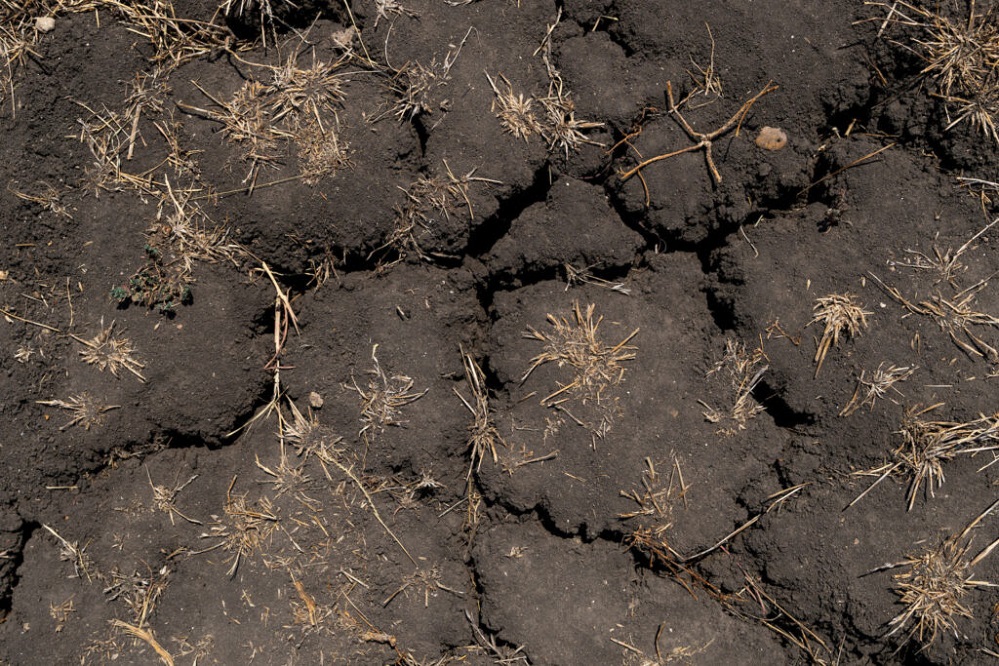Soil tests can be used to estimate the kinds and amounts of soil nutrients available to plants. They also can be used as aids in determining fertilizer needs. Properly conducted soil sampling and testing can be cost-effective indicators of the types and amounts of fertilizer and lime needed to improve crop yield.
The effects of adding a fertilizer often depend on the level of nutrients already present in the soil If a soil is very low in a particular nutrient, yield will probably be increased if that nutrient is added. By comparison, if the soil has high initial nutrient levels, fertilization will result in little, if any, increase in yield.
There are three steps involved in obtaining a soil test:
1) obtain sample bags and instructions,
2) collect composite samples,
3) select the proper test, and complete the information sheet and mail to the Soil, Water, and Forage Testing Laboratory at 2478 TAMU, College Station, TX 77843-2478 for U.S. mail or 2610 F&B Road, College Station, TX 77845 for commercial deliveries. Contact the lab at (979) 845-4816, FAX (979) 845-5958, or at the Web site http://soiltesting.tamu. edu for additional information.
Obtain sample bags and instructions. County Extension offices provide soil sample bags, sampling instructions and information sheets for mailing samples to the Soil, Water, and Forage Testing Laboratory of the Texas Agricultural Extension Service. Sample bags provided by the Extension service hold a sufficient amount of soil for use in most soil tests. Fill the sample bag or other suitable container with approximately 1 pint of a composite soil sample. Any suitable container can be used for the sample, but it is important to complete the information sheet and follow the instructions for collecting and mailing samples.
For more information on this or any other agricultural topic please contact the Hopkins County Extension Office at 903-885-3443 or email me at [email protected].






